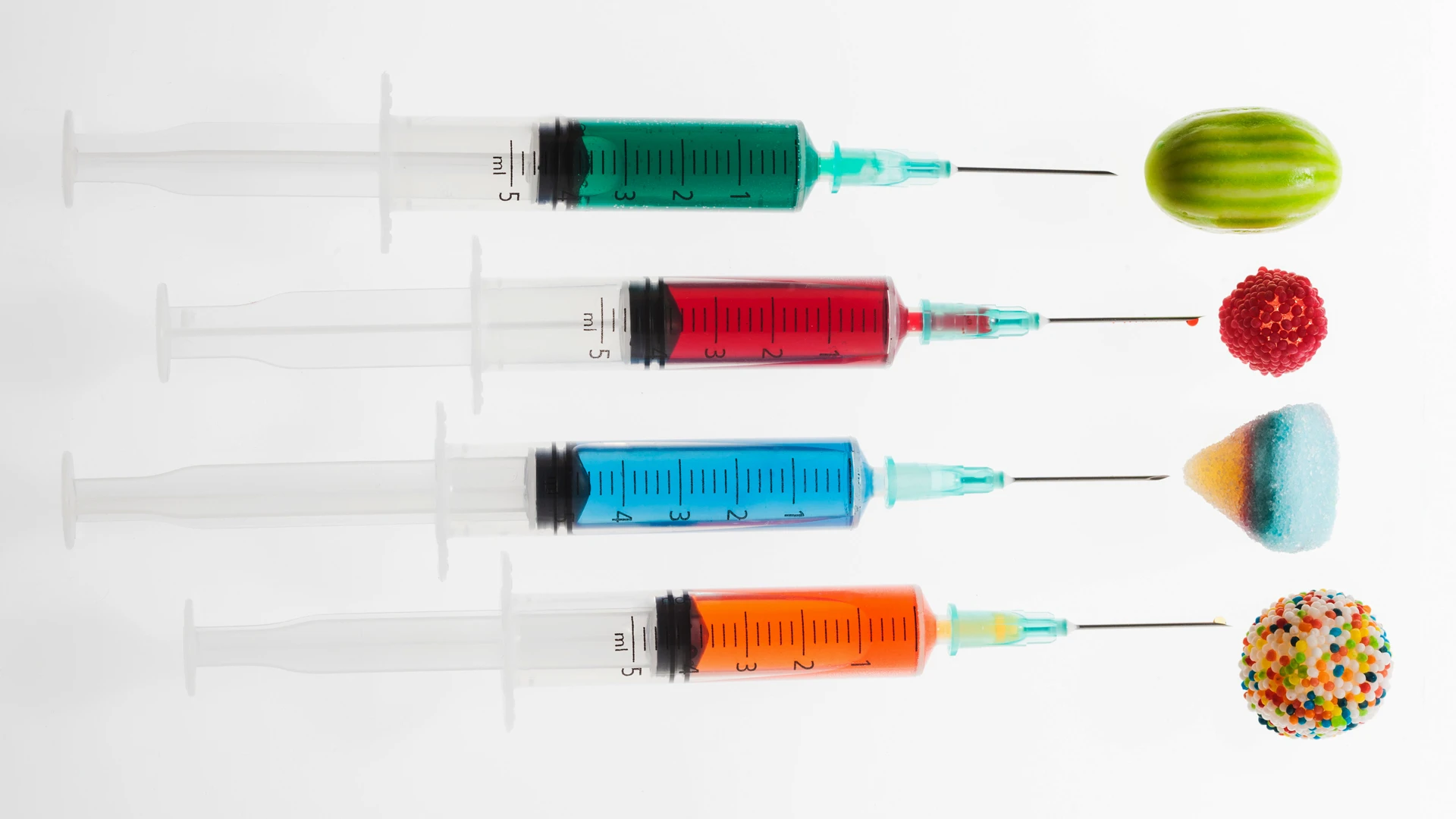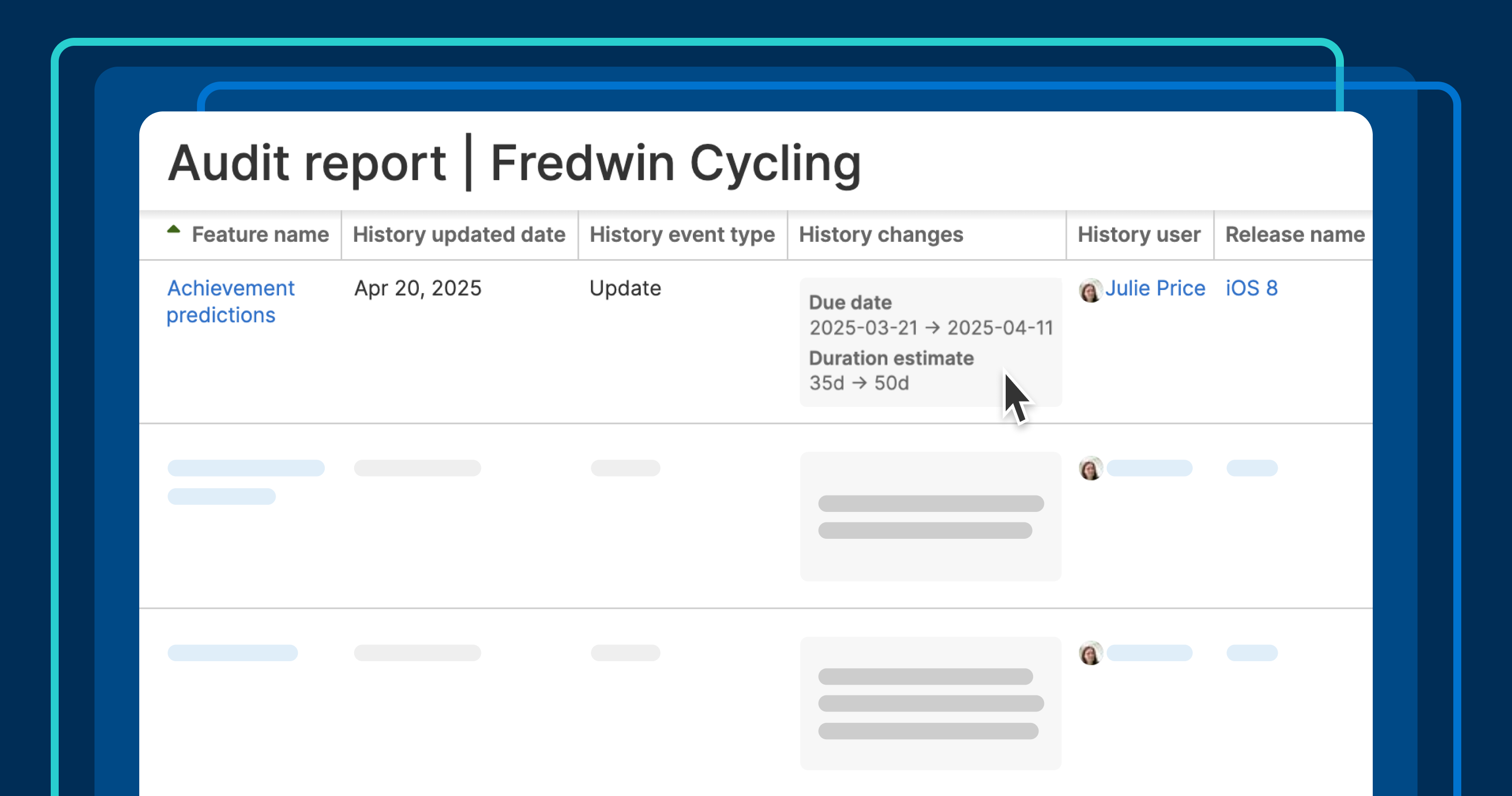I received a job offer — and it was a scam
This post was written by Alison Green and published on Ask a Manager. A reader shares this story: I recently received what I believe to be a scam job offer. It seemed too good to be true, and I should have realized it was a scam, especially since I don’t remember applying for the position at the company that supposedly offered it to me. The most obvious red […]

This post was written by Alison Green and published on Ask a Manager.
A reader shares this story:
I recently received what I believe to be a scam job offer. It seemed too good to be true, and I should have realized it was a scam, especially since I don’t remember applying for the position at the company that supposedly offered it to me. The most obvious red flag was that it seemed too good to be true, and the text in the email was clearly copied and pasted from a template. Still, in the excitement of the moment, I almost fell for it.
Here’s how it went down:
First email: A seemingly legitimate email from someone within the organization asked me to reply “yes” if I was interested in being considered for the position. I replied “yes,” as I have been applying for jobs almost daily for the past three weeks. It’s possible that I applied for this position and simply forgot. Given the large number of applicants applying for jobs through LinkedIn, I can understand the need for email verification. The name of the emailer and the email address appeared to be real enough, but the emailer did not list a phone number or job title, just an address (which was listed below his name and is a real address for a corporation in Wisconsin). I googled the company, and they are a legitimate organization involved in energy infrastructure. However, the emailer’s name and email address returned no search results. I then googled the emailer’s name by itself and found real people on LinkedIn with similar names, but none of them were employed by the company the emailer claimed to be working for. I reached out to these people on LinkedIn to ask if they had ever worked for the company, and those who replied said no.
Second email: I received a job screening questionnaire that was way too generic to be legitimate. There was also a deadline to return the questionnaire by a certain time on the day of receipt. It took me a while to answer the questions, but I made the deadline. I also noticed that the emails sent by the emailer were usually during evening/early morning hours in the United States — certainly, non-standard workday hours for a recruiter, unless they work a third shift. I should have noticed this sooner, but I was still overly thrilled to have been offered a seemingly legitimate job, so I didn’t pay attention to the timing.
Third email: After sending in the questionnaire before the deadline, I received an email during those non-working hours telling me that I had “got the job.” However, rather than offering me a salaried position, they said it would be hourly pay with weekly disbursements. This was the first red flag I noticed, as the questionnaire had listed the position as salaried, and now it was hourly. The next step was for me to forward my phone number, physical address, and full name to an HR email address, which would supposedly begin the hiring process, and I would start training immediately. The second red flag was that the email’s text was clearly a copy-paste job — too many spaces between phrases, inconsistent font, capitalization of certain words, and still no job title or phone number for the mysterious emailer. The language also seemed unprofessional for someone working at a company involved in energy infrastructure. The third red flag came when the emailer mentioned that the company would be sending me a check for work expenses and equipment. Having worked in higher education for almost 20 years, I know that reimbursement and expense processes are never that simple, especially when done over email!
I was about to reply with the details requested, but I couldn’t shake the “it’s all too good to be true” feeling, especially since I had never communicated with the emailer in person, over the phone, or via Zoom. I still didn’t know their position at the company or how to contact them other than by email. I’ve never been offered a job this quickly or this easily. It just couldn’t be real.
So, I replied to the third email with the following:
Just a few questions before I confirm or deny the position offered:
What is your official position at the company?
There is no phone number listed with your email — could you please provide one so I can call you?
Please provide the phone number for a human resources representative so I can verify the details you’ve provided.No response as of yet.
I even called the corporate headquarters of the company they said they were from and spoke with the head of human resources, and they had no clue who the person was and no record of anybody by that name working there or at any office, and asked me to forward the emails to them so they can investigate for fraud.
I now understand how this happened: I have a website that hosts my professional portfolio, resume, and projects. I also list this email address as a contact, so it wouldn’t be hard for someone to craft a scam email based on the information available on my website. I was almost fooled, but it was the small inconsistencies in the text that eventually led me to question the legitimacy of this “job offer.”
The most embarrassing part of it all is that I almost fell for it. It was the small things that really added up that made me really question if it was legitimate.
Me again. A couple more red flags to note, as well:
- If that initial email literally just asked you to reply with “yes” … that’s weird and not typical for hiring. Something like “please let us know if you’re still interested,” sure. But “send back the word ‘yes'” is pretty spammy.
- Offering you the job without a single interview or giving either side a chance to actually talk to each other: huge red flag. It can happen in some pretty narrow circumstances, but it’s incredibly rare for professional jobs.
Thanks for sharing this!



































































































![Building A Digital PR Strategy: 10 Essential Steps for Beginners [With Examples]](https://buzzsumo.com/wp-content/uploads/2023/09/Building-A-Digital-PR-Strategy-10-Essential-Steps-for-Beginners-With-Examples-bblog-masthead.jpg)





![How One Brand Solved the Marketing Attribution Puzzle [Video]](https://contentmarketinginstitute.com/wp-content/uploads/2025/03/marketing-attribution-model-600x338.png?#)




























